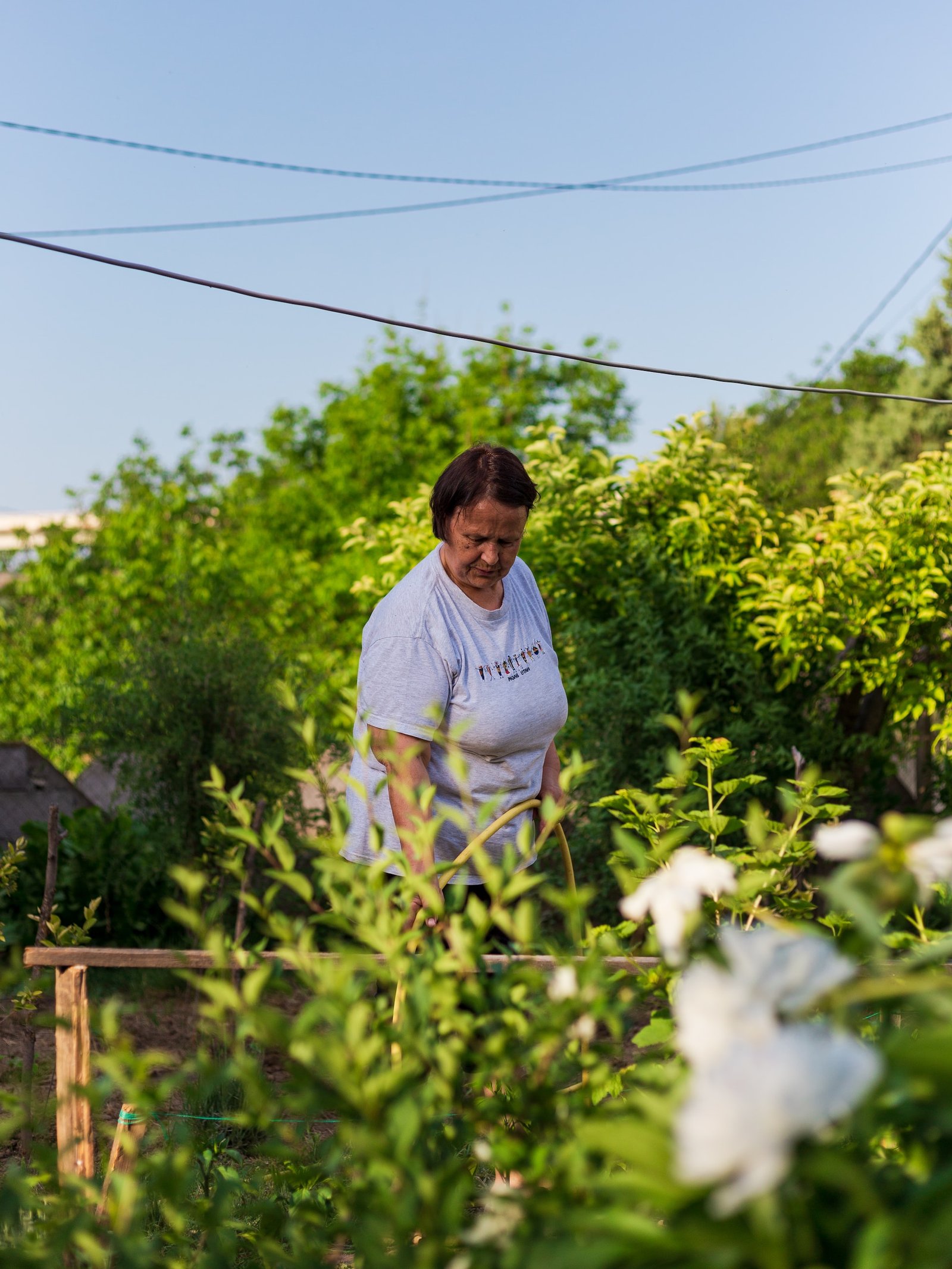As a child, a feeling of serenity enveloped me whenever I walked into my grandma’s garden. The vibrant hues, the meditative hum of bees, and the fragrance that lingered in the air were all so enchanting. My grandma had a green thumb, but it was not just about plants; it was the embodiment of “grandma gardening.”
Grandma Gardening Tips for a Lush Garden
- Plant with Love: This is not just about physically planting the seeds. Grandma believed that speaking to your plants and showering them with love made them grow faster. A touch of affection goes a long way in grandma gardening.
- Understand Flower Growth: Not all flowers are the same. Grandma knew when each flower would bloom and how long it would last. She maintained a journal, noting the cycles, ensuring her garden was always in a state of bloom.
- The Beauty is in the Details: For Grandma, gardening was an art. She paid attention to the color combinations, the heights of the plants, and the fragrances they released. This made her garden not just a remarkable sight but also an immersive experience.
- Watering Wisdom: One essential grandma gardening tip was about watering. Too much could drown the plant, too little could starve it. Grandma often said, “Water when the soil feels dry to touch, but never let it remain thirsty for too long.”
- Rotate Your Plants: Grandma would often shuffle the pots around. Some plants, she explained, needed more sunlight at certain stages of their growth. This rotation ensured they got what they needed when they needed it.
- Natural Pest Control: Instead of chemicals, Grandma opted for natural solutions like neem water or introducing ladybugs into the garden to keep pests at bay.
- Feed Your Plants Right: Grandma Gardening was not just about planting and watering. She believed in feeding the plants with organic compost. This not only ensured robust flower growth but also significantly boosted plant production.
The Magic of Grandma Gardening
There is a unique charm in grandma gardening. It is not just about a beautiful garden; it is about the stories, the traditions, and the love that is sown with each seed. It is the embodiment of patience, understanding, and connection with nature.
With these grandma gardening tips in mind, any garden can become a sanctuary. A place where flowers bloom in abundance, where every plant thrives, and where every moment spent becomes a memory.
The beauty of grandma gardening is that it is timeless. In addition, while the gardens may change, the principles and the love remain the same. As we embrace these practices, we do not just nurture plants; we cultivate a legacy.
Grandma’s Tips for Soil Testing
- The Jar Test: This simple test involves filling a clear glass jar with soil and water, shaking it vigorously, and letting it settle. After a day, you will see layers of sand, silt, and clay. This gives you an idea of the soil’s composition.
- The Feel Test: Grandma always said, “Your hands are your best tools.” Take a handful of moist soil and try to roll it into a ball. Sandy soil will fall apart, silty soil will be smooth, and clay soil will form a tight ball.
- Look at the Weeds: Often, the type of weeds that thrive in your garden can indicate the soil’s nature. For instance, dandelions might suggest compacted soil, while clover could indicate a nitrogen deficiency.
Tips for Water Supply
- Rain Barrels: Grandma was all about conserving resources. By placing barrels under downspouts, you can collect rainwater and use it during drier periods, ensuring plants get natural and soft water.
- Mulching: She emphasized the importance of mulching around plants. This conserves water, reduces evaporation, and ensures the soil remains moist for longer.
- Watering Timing: “Early morning or late evening,” she would say. Watering during these times reduces evaporation, allowing plants to absorb more water.
- Deep Watering: Instead of frequent shallow watering, Grandma believed in watering deeply but less often, ensuring roots grow deeper and stronger.
Read Also:
Tending to Garden: The Essential Guide to Flourishing Flora
Grandma’s Tips for Pest Control
- Plant Marigolds: These vibrant flowers are not just pretty; they repel many garden pests. Grandma would intersperse them throughout the garden to keep harmful bugs away.
- Diatomaceous Earth: A natural insect killer, Grandma sprinkled this around plants as a barrier against pests like slugs and beetles.
- Companion Planting: Some plants naturally repel pests for others. For instance, planting basil near tomatoes can deter tomato hornworms.
- Neem Oil: A natural fungicide and pesticide, neem oil was a favorite. A diluted spray on plants helps deter pests and diseases.
- Encourage Beneficial Insects: Not all bugs are bad. Ladybugs, praying mantises, and spiders are garden allies. Grandma would cultivate plants like dill, fennel, and cosmos to attract these helpful creatures.
Conclusion
In a world racing towards technological advancements, the time-honored tradition of grandma gardening stands as a gentle reminder of the profound connections we can forge with Earth. These cherished tips, honed through years of nurturing gardens, beckon us to slow down, dig deep, and foster a harmonious relationship with nature. From the art of soil testing to mastering the dynamics of water supply and adopting natural pest control methods, the essence of grandma gardening is centered on sustainability and respect for the environment. As we put these tips into practice, we realize that each lesson is not just a pathway to a flourishing garden, but a step towards fostering a space brimming with life, colors, and vitality. A living testament to a wisdom that grows richer with time, just like the lush gardens it nurtures. Let us keep the legacy of grandma gardening alive, nurturing not only plants but nurturing souls, fostering growth and blossoming beauty in every corner of our gardens.

